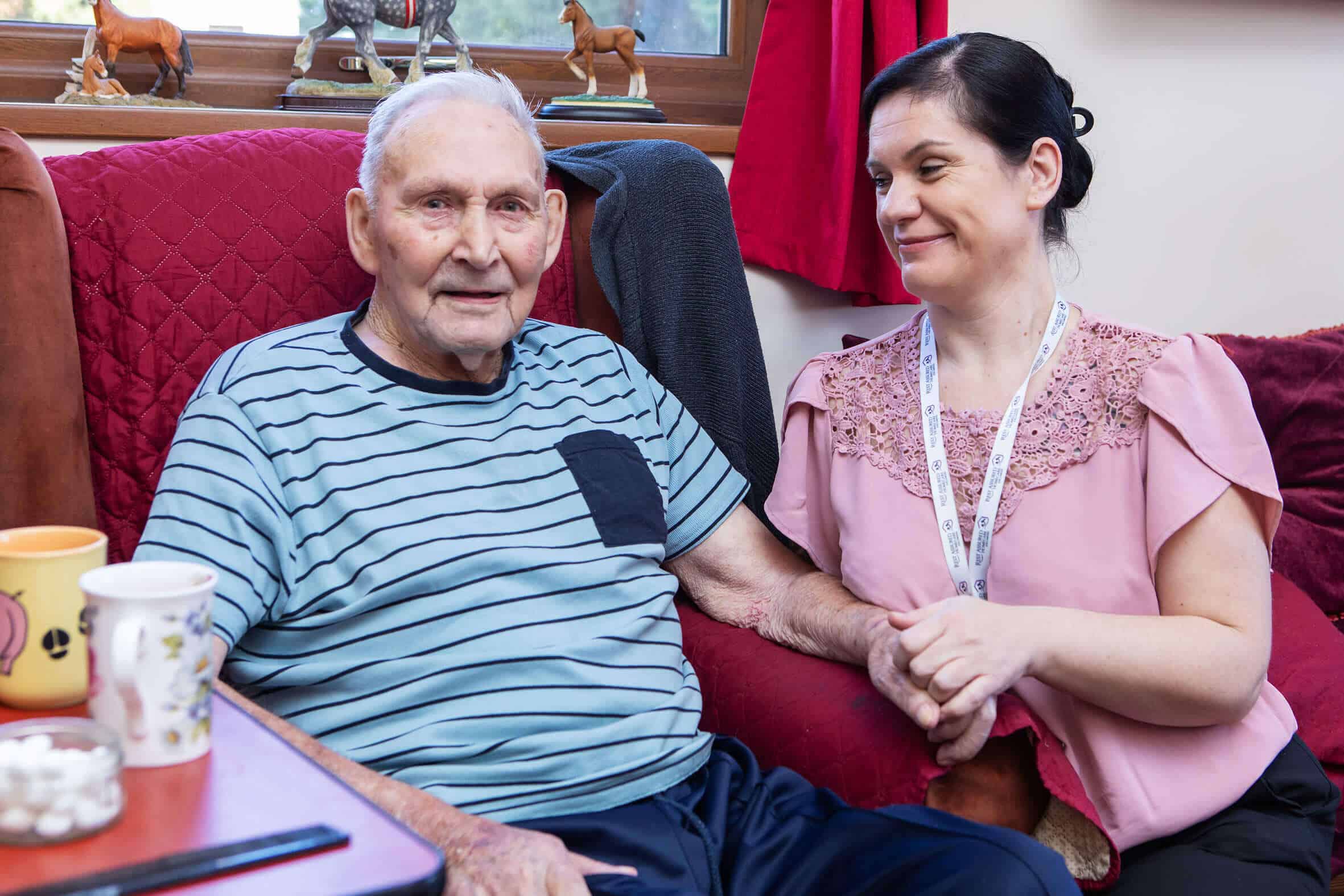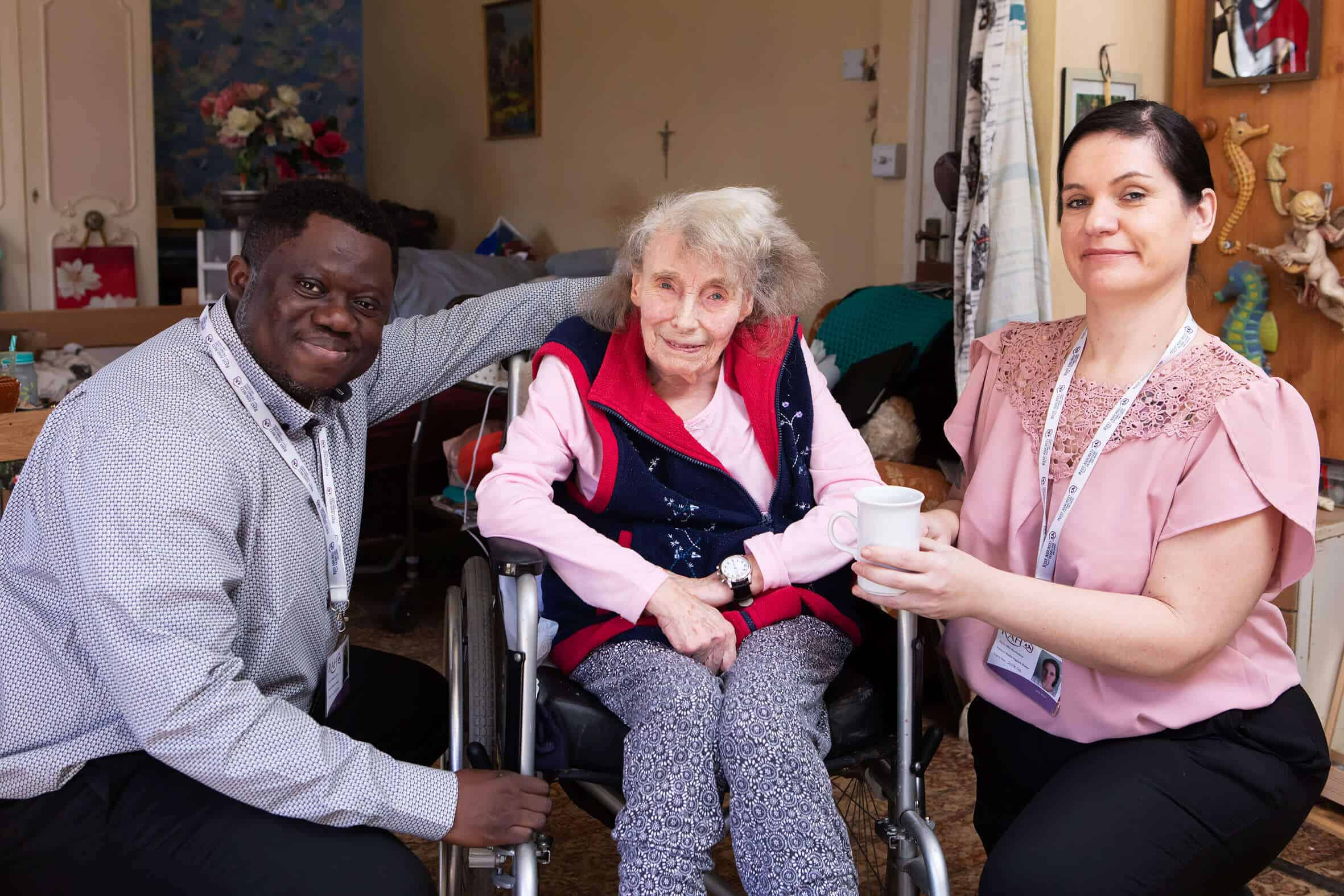Costs & Finances
Staying Safe & Well At Home
The cost of care for people later in life is a source of much media attention and debate. For people and their families that are considering care options, the financial implications and the ongoing cost of care can be a major worry. Looking after a loved one in the right way should be about their individual needs being met and, crucially, quality of life.
Government legislation relating to paying for senior care is set at county level, not overall for the UK. Unfortunately, the government provisions for the care of the elderly vary according to where you live but very rarely do any provide the kind of care that loved ones want for their relatives and friends. For most people, there is a need to pay for at least some additional care support to provide the quality of life that we feel our loved ones deserve. When looking at care costs, making comparisons to the type of care you or your loved one will receive is vitally important. You should weigh up the outcomes of care, beyond simply providing tasks, to considering the person’s safety, their need for companionship, assistance with hobbies and taking into account shared interests. Care is not something that should be ‘done to you’ but something that is in place to enhance a person’s enjoyment of life.
Learn more about how we can help you with the care costs and funding.


Comparing Home Care Provider Costs
Care for your loved one is important to you and you want to ensure that they receive the best quality care at good value for money. At Rest Assured Homecare we pride ourselves in always putting the needs of the individual first.
Find out more about the cost of care by contacting us or booking a free consultation to see how we could support you and your loved one.
Funding
Some care options can be perceived as expensive, but it doesn’t mean they all are. When it comes to planning the right care for you, it is worth considering the funding routes and benefits that may be available to help you if you need home help or personal care.
For example, care may be funded in full or part by your local authority depending on individual circumstances. It is therefore important and worth exploring the funding options available before making a final decision.
Local Authority Support For Home Care
If you need support with day-to-day tasks, your local authority might be able to help with the costs of care.
As a first step, it is a good idea to request a needs assessment before arranging care. This will help you decide on the level of care needed and if care at home is suitable for you.
If an assessment identifies that you need help, funding support available varies depending on which county you live in. One of the options available to you is to receive direct payments for the cost of the funded element from the council and organise your care yourself.
Through any of the above options, you have the independence and control to choose your own care through a provider such as Rest Assured Homecare.
You can of course decide to not involve the council, should you wish, and arrange care as you see fit.


Alternative Home Care Financial Support
You may also be entitled to other benefits such as:
- Attendance Allowance – if you are over 65 and need extra help to stay independent at home due to an illness or disability.
- Personal Independence Payment – if you are aged 16-64 and need help with daily activities or getting around because of a long-term illness or disability.
- NHS Continuing Healthcare
- Expert Home Care Advice
For further advice, you can contact your local authority, or call us on 01945 669 779.
